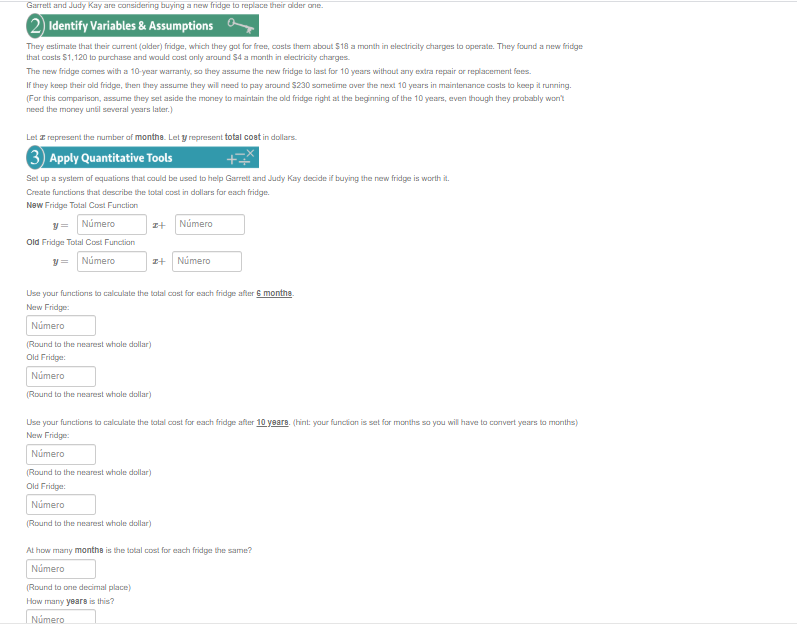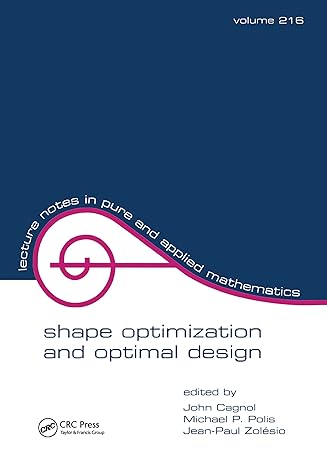Answered step by step
Verified Expert Solution
Question
1 Approved Answer
help with this problem Garrett and Judy Kay are considering buying a new fridge to replace their older one. 2) Identify Variables & Assumptions They
help with this problem

Step by Step Solution
There are 3 Steps involved in it
Step: 1

Get Instant Access to Expert-Tailored Solutions
See step-by-step solutions with expert insights and AI powered tools for academic success
Step: 2

Step: 3

Ace Your Homework with AI
Get the answers you need in no time with our AI-driven, step-by-step assistance
Get Started


